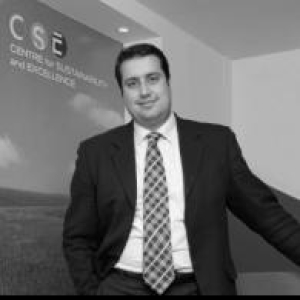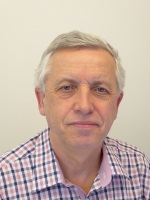Prof Joachim Curtius
Expert
Environment,Joachim Curtius is Professor of Experimental Atmospheric Research at the Institute for Atmospheric and Environmental Sciences at Goethe University Frankfurt. His research focuses on trace gases, aerosols, and clouds, specifically the formation of aerosol particles in the atmosphere. He serves as the spokesperson for several coordinated research projects and is a member of the steering committees for the CLOUD project at CERN and for the German research aircraft HALO. Prof. Curtius was named a Highly Cited Researcher in Geosciences in 2018 and received the Scientist-of-the-Year award from Goethe University in 2017. He is highly committed to the scientifically sound communication to the public about climate change and sustainability.
Key messages
(1) To limit climate change to the targets of the Paris agreement most of the known fossil resources have to remain underground. This means that all oil, gas, and coal companies will have to abandon their business models within the next 2-3 decades and forego a large share of their already calculated profits. European politics and legislation will be largely preoccupied with making this happen in the EU and worldwide.
(2) By significantly reducing meat production, huge agricultural areas that are currently used for growing animal feed will become available for rewetting marschlands, reforestation, and solar farming. This means less methane from cows, less CO2 from drained marshlands, more biodiversity, more carbon uptake, and more renewable energy production.
(3) The non-CO2 climate effects of aviation are greater than its CO2 effects from burning kerosine. These non-CO2 effects from persistent contrails and ozone production have to be included in the ETS system. Most of these effects will remain even if aviation changes to hydrogen or sustainable aviation fuels. This means that it is highly questionable as to whether sustainable aviation can be reached at all.
Similar Speakers
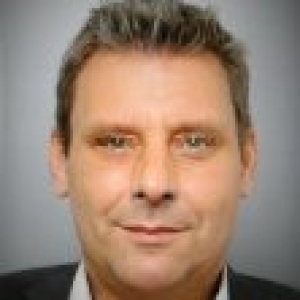
Mr Christian Gruendling
Speaker

Mr Joy Mcelroy
Speaker

Mr Tony Long
Director
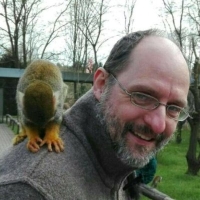
Mr Arno Wess
Speaker
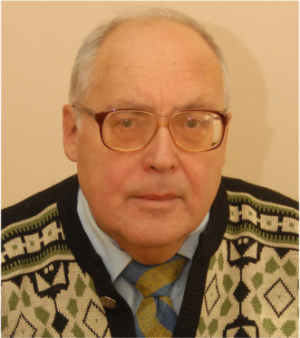
Dr Koltover Vitaly
ocm
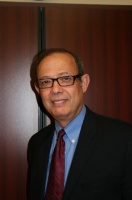
Dr Magdi Habib
Keynote Speaker

Mr Dieter Heitkamp
Speaker
